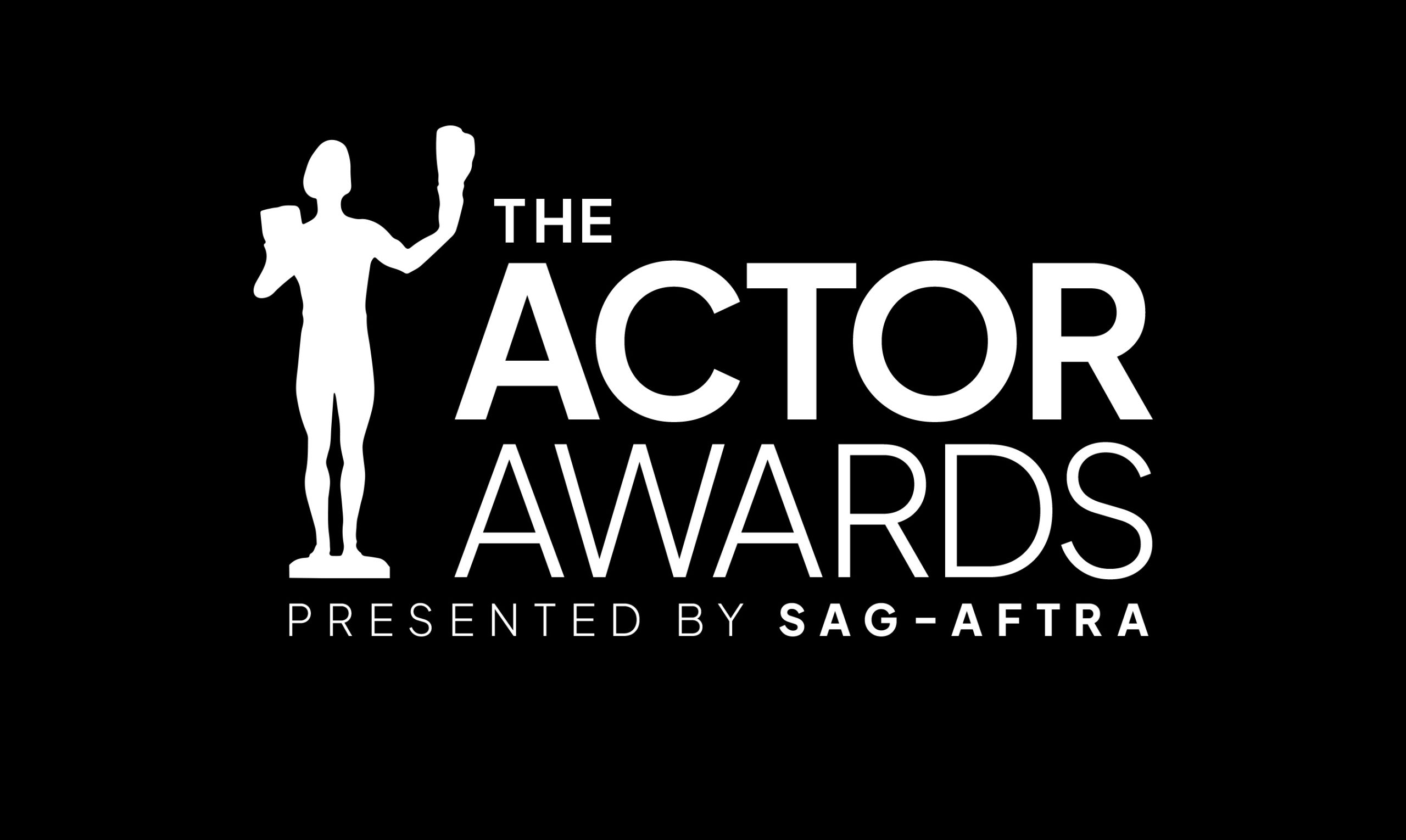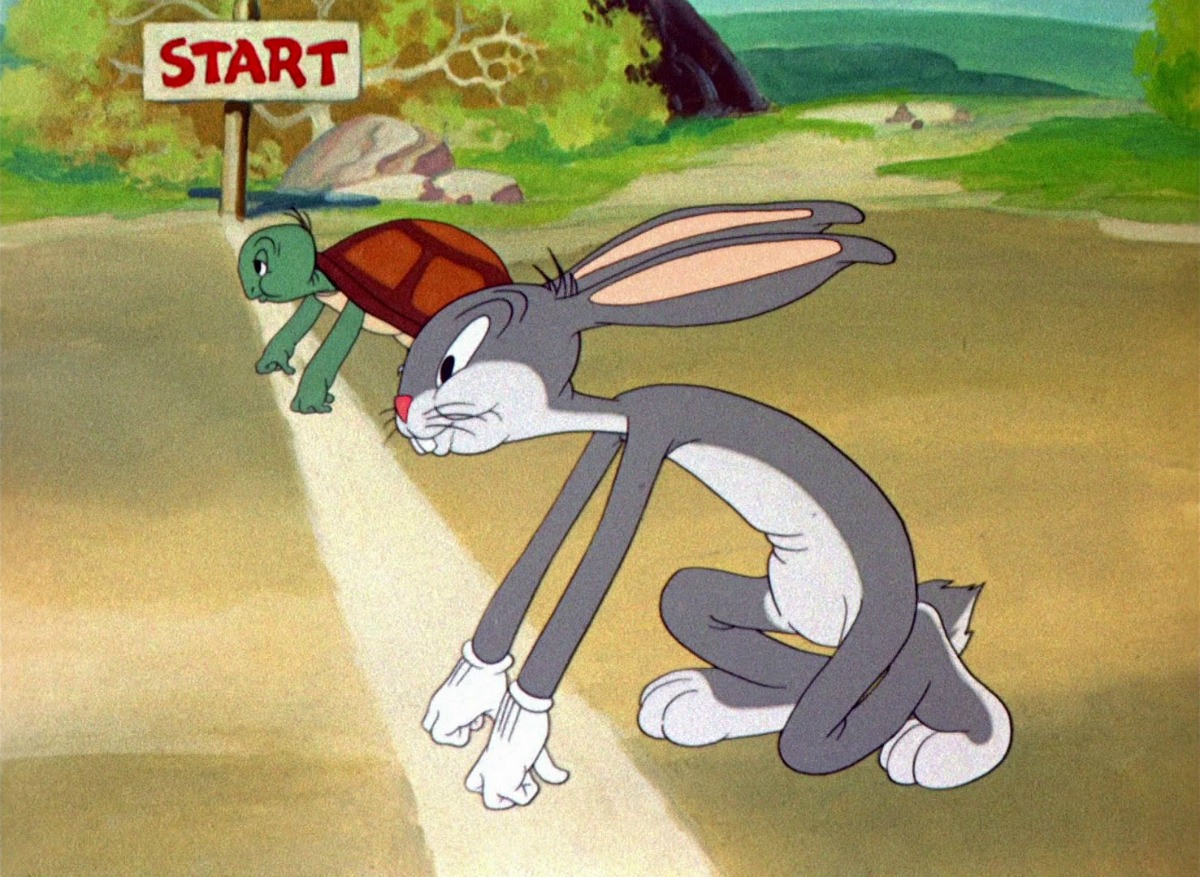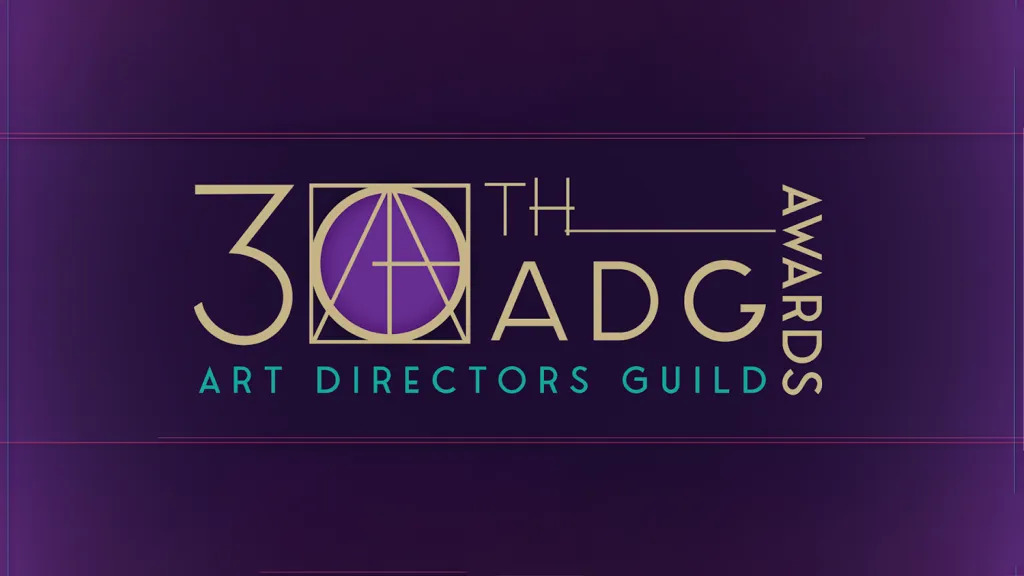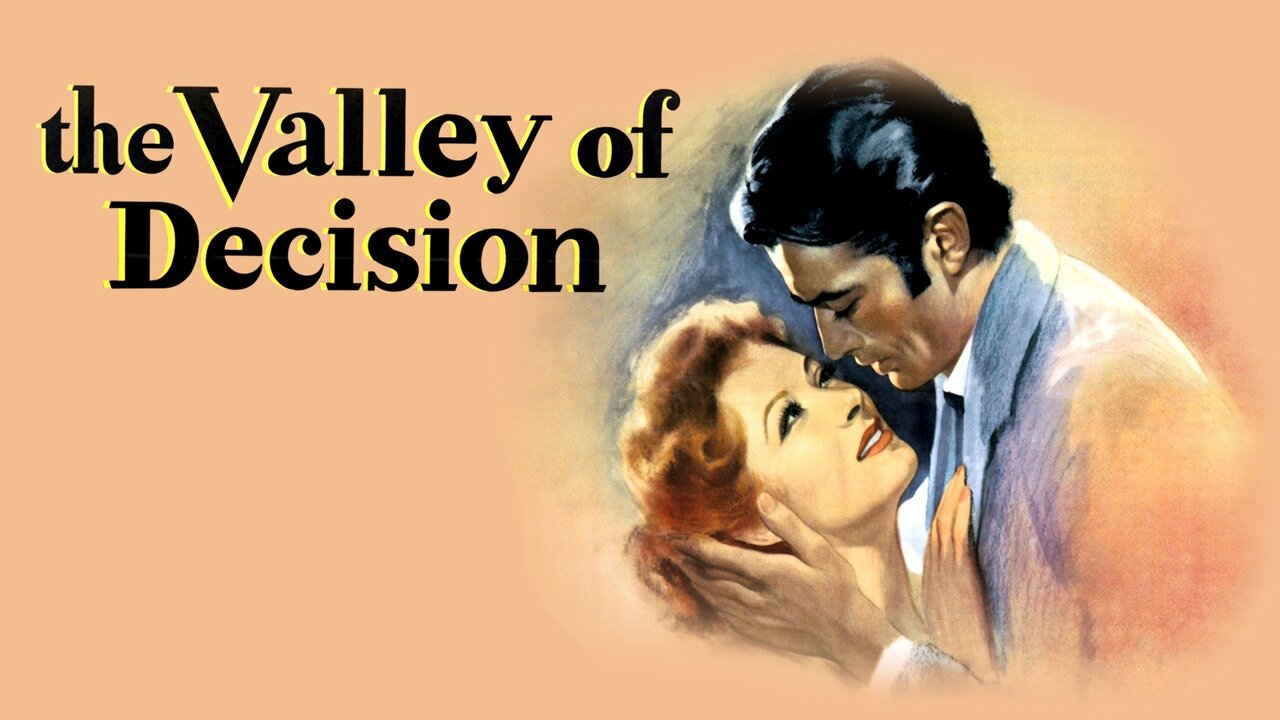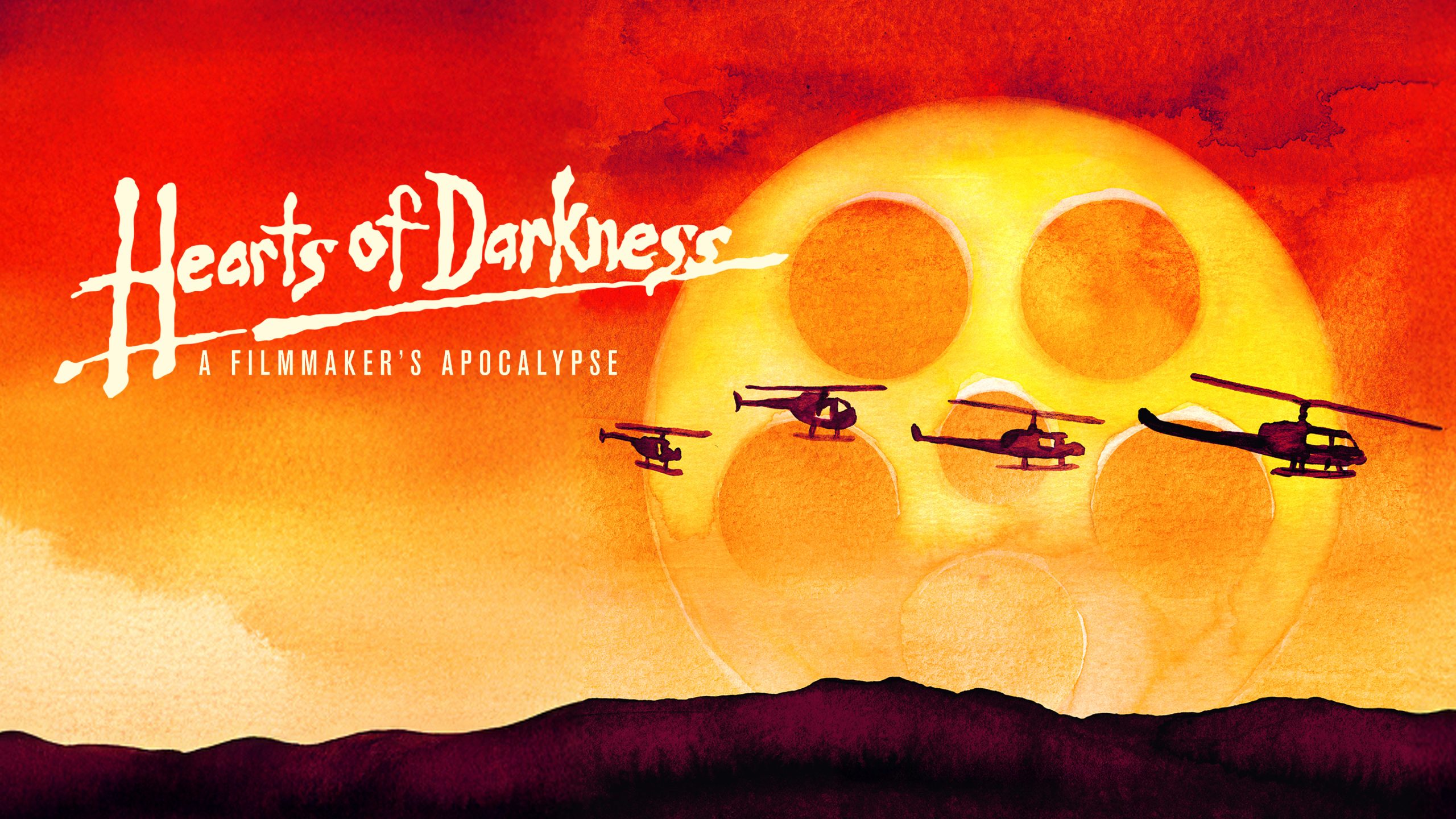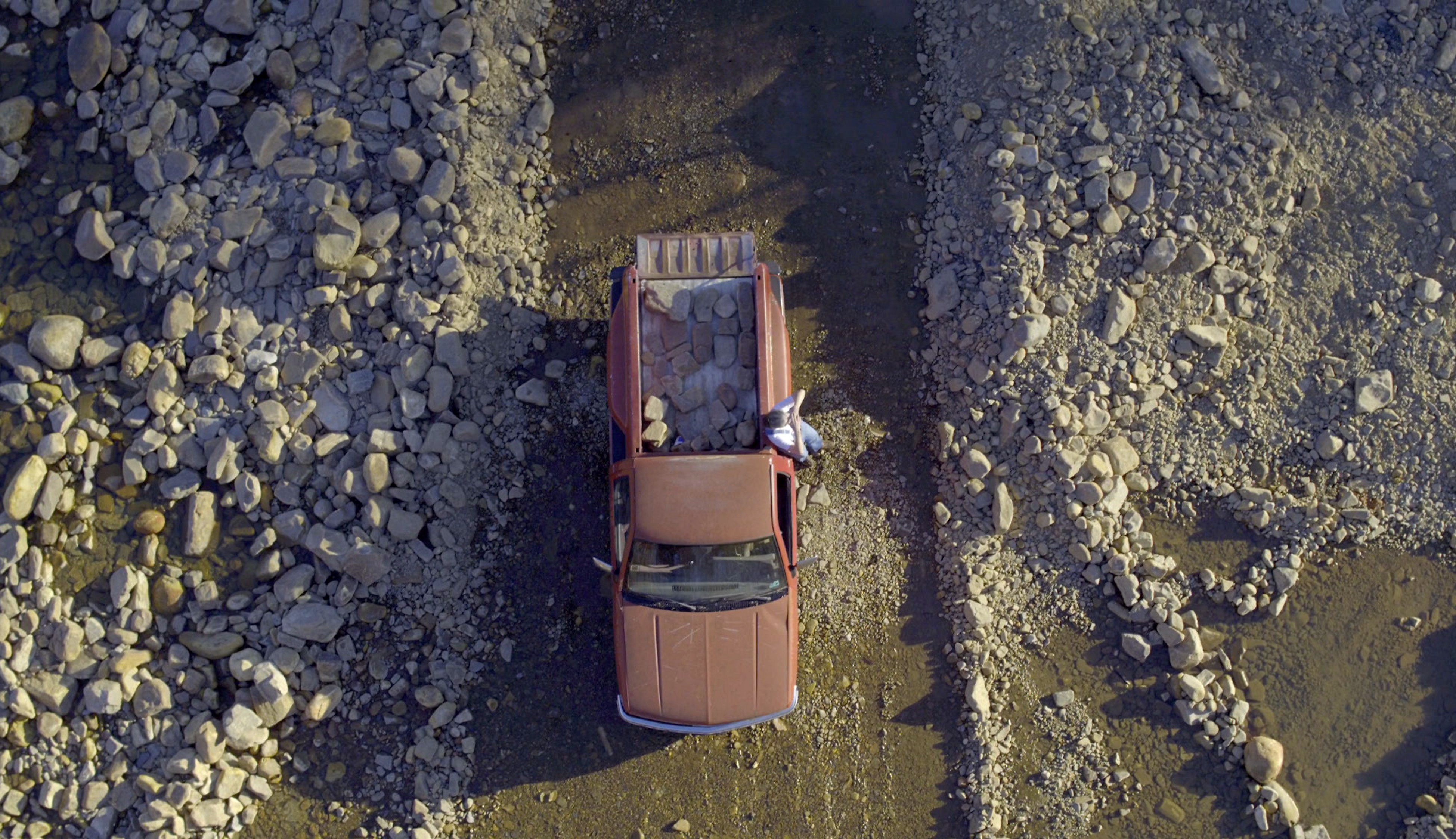
In the aftermath of the 2018 Slamdance Film Festival, filmmaker Morrisa Maltz took some time to talk to Solzy at the Movies about her new film, Ingrid, which just premiered at the festival.
Danielle Solzman: Thanks for joining us today. How are things treating you?
Morrisa Maltz: Thanks Danielle! I’m great, mostly been catching up on sleep since I’ve been back from Park City which is a good thing 🙂
Danielle Solzman: You just got back from the 2018 Slamdance Film Festival. Can you talk about the thrill that comes with being able to show a film at the festival?
Morrisa Maltz: Premiering at Slamdance is amazing. I love Slamdance. I had a short there before, and it’s the just the best environment for hands on artists and filmmakers. Its supportive and quite a magical sense of camaraderie.
Part of the thrill that comes with this festival invitation is also the rush to get the film done, create your press materials, posters, postcards, everything. Most of the filmmakers at Slamdance do almost everything themselves, with a low budget, so it’s a lot of work up until the premiere. The thrill is a great mix of excitement and around the clock work to get everything prepared for the fest.
Danielle Solzman: Given that your first film was a narrative short, what made you decide to go the documentary route and tell the story of Ingrid Gipson?
Morrisa Maltz: I think that the theme of the film itself speaks to why I went the documentary route after a narrative short. I want to make things that are meaningful to me and find whatever medium or format fits that best. I think thats how one can lead a fulfilling life. I don’t think that quite matches what we are used to given our societal norms. We are supposed to make something, and build a career doing something in a similar vein. When I was first searching for people like Ingrid, I had not set out to make a documentary. I was finding people in small corners of America, asking questions about why they were making things and taking photographs. I didn’t know if it would even turn into a project. It was just following a gut feeling of my interests at the time. Although, when I met Ingrid I knew that her story had the potential to be a feature film. So I decided to try making a doc, and that’s what I did. A fulfilling challenge is a great thing. To me, that’s what life is about, and that’s a lot of what the film is about as well.
Danielle Solzman: With a running time of 51 minutes, it’s on the short side. Did you consider pushing it closer to the typical 90 minutes or is there only so much story that can be told?
Morrisa Maltz: Yes we did consider pushing the movie to 90 minutes. Although, I wanted to be careful to make the best film that I could make and not get caught up with time restraints. I was aware that could change the quality of the film. A lot of times in docs, you can feel that the film needed to be a certain length and I wanted to give the film a length that fit the story the best. Editing INGRID was a great balance between the amount of information we gave about her and left out about her. I wanted to make it an overall human story that didn’t concentrate too much on smaller details. It’s not a typical documentary. I wanted the film to be slow and meditative. For this to work, the 50 minute length seemed the best fit. It’s important to me to stay true to what you make and what the material is asking for and that’s what we did.
Danielle Solzman: Now that the film has premiered, what’s next for Ingrid?
Morrisa Maltz: We’ll be playing the festival circuit most likely through the summer, and we’re entertaining various distribution options. Since this is my first feature I’m learning a lot about distribution along the way, so I want to take my time and figure out what’s best for the film.
Danielle Solzman: I was at a Women in Film – Chicago event and they were going over some of the staggering statistics about women in film. One such stat was that 84% of women directors end up being one-time directors because of the lack of financing. What do you make of this?
Morrisa Maltz: That is such an unfortunate and sad statistic to hear. I do think the more successful you are the more problems for you, as a woman, become apparent. It’s the same in the art world- even when you are successful- to continue that success is always an uphill battle. More money needs to be given to women to make things, more support needs to be given to make things, more encouragement to continue and create valuable female driven stories. I am an optimistic though. I want to believe that this could slowly change. We need to be loud and out there about the dire need for more women’s stories. The more we all support each other, the more we support women’s stories and create a need for them–the more these voices will become financially valuable. This is the change I hope to see. (Again, I’m an optimistic person though 🙂
Danielle Solzman: Do you find it harder to get films made because you’re a woman?
Morrisa Maltz: That’s a tough question. I don’t necessarily find it harder to get my films made because I make them myself. All my films have been made with minimal funding via Kickstarter or a small amounts from investors. Being a woman and making films definitely has it’s strengths. I find the world to be quite trusting and open to me, my projects and ideas. For example, within this project, I don’t think I could have shown up on so many doorsteps with a camera asking questions, and asking to come into to someones’ home if I were a man. I was treated with trust. I think a lot of that has to do with being a woman. I like to also concentrate on the positive parts of the female experience and that is definitely one of them.
Although, I have not yet been in the position to work on a larger scale within the industry. I cannot speak to how this works. I do absolutely think its harder to have my films shown and noticed as a woman, once I’ve made them. I have always had this feeling in the art world and film world– we just aren’t taken as a seriously right off the bat. We have to fight for that attention even after we have a great product. Our work is easily looked over. We need to put more women’s work in the spotlight.
Danielle Solzman: How did you get interested in filmmaking?
Morrisa Maltz: I got my BA from Columbia University with a major in Visual Art. I thought about majoring in film, but Columbia’s undergrad program was mostly based in theory and I wanted to make things, not learn to talk about them. By my senior year I had begun working within the medium of video and continued to make video art that showed in galleries and museums for most of my early career. I got to a point making video art where I knew the audience was just so minimal. The art world can get a bit claustrophobic and most people who view your work are usually also in the art world to some degree. I was living in LA at the time and started to collaborate with some of my friends on films, rather than just solo video art pieces. It felt like a natural progression that came out of working in video.
Danielle Solzman: This was my first Sundance and Slamdance. Even from a press standpoint, there’s enough going on to keep me busy in the few days that I was in Park City. What is the festival experience like for a filmmaker’s perspective?
Morrisa Maltz: I particularly love Slamdance. They create a GREAT environment for filmmakers. I think one of the main points where Slamdance and Sundance may vary is that at Slamdance we all greatly support each other and don’t really feel a sense of competition. After a long journey of making a film almost by yourself, with very little money, (which is a lot of Slamdance), you’re so happy to meet other people that did the same thing. I get goosebumps thinking about it! You can feel so alone in this long process of making a film in that particular way and then all sudden you’re in a group of other talented people who did that, and made it there. It feels amazing and you can all commiserate on the crazy process. Everyone is proud of each other. As far as the overall experience of being at Sundance and Slamdance, its amazing and overwhelming. Very little sleep, lots of watching movies, lots of parties– many of which feel like large college frat parties except everyone is in the industry– its madness, but exhilarating. A great week to celebrate everyone’s hard work getting there.
Danielle Solzman: Thank you again for your time.
